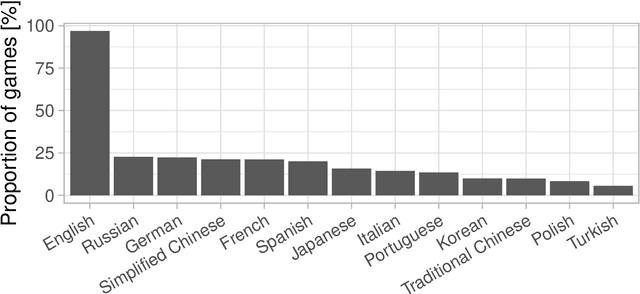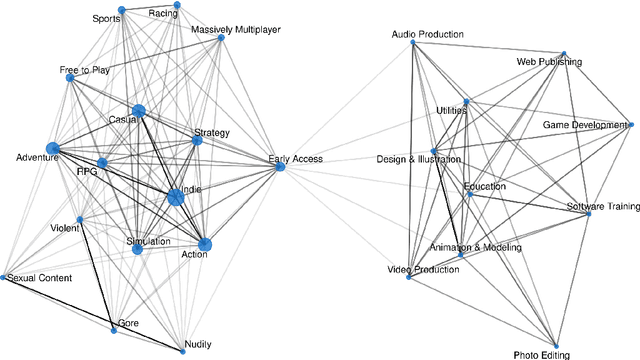Jan Hartman
AI-assisted Coding with Cody: Lessons from Context Retrieval and Evaluation for Code Recommendations
Aug 09, 2024Abstract:In this work, we discuss a recently popular type of recommender system: an LLM-based coding assistant. Connecting the task of providing code recommendations in multiple formats to traditional RecSys challenges, we outline several similarities and differences due to domain specifics. We emphasize the importance of providing relevant context to an LLM for this use case and discuss lessons learned from context enhancements & offline and online evaluation of such AI-assisted coding systems.
Unleash the Power of Context: Enhancing Large-Scale Recommender Systems with Context-Based Prediction Models
Jul 25, 2023Abstract:In this work, we introduce the notion of Context-Based Prediction Models. A Context-Based Prediction Model determines the probability of a user's action (such as a click or a conversion) solely by relying on user and contextual features, without considering any specific features of the item itself. We have identified numerous valuable applications for this modeling approach, including training an auxiliary context-based model to estimate click probability and incorporating its prediction as a feature in CTR prediction models. Our experiments indicate that this enhancement brings significant improvements in offline and online business metrics while having minimal impact on the cost of serving. Overall, our work offers a simple and scalable, yet powerful approach for enhancing the performance of large-scale commercial recommender systems, with broad implications for the field of personalized recommendations.
Exploration with Model Uncertainty at Extreme Scale in Real-Time Bidding
Aug 03, 2022Abstract:In this work, we present a scalable and efficient system for exploring the supply landscape in real-time bidding. The system directs exploration based on the predictive uncertainty of models used for click-through rate prediction and works in a high-throughput, low-latency environment. Through online A/B testing, we demonstrate that exploration with model uncertainty has a positive impact on model performance and business KPIs.
Predicting the Popularity of Games on Steam
Oct 06, 2021



Abstract:The video game industry has seen rapid growth over the last decade. Thousands of video games are released and played by millions of people every year, creating a large community of players. Steam is a leading gaming platform and social networking site, which allows its users to purchase and store games. A by-product of Steam is a large database of information about games, players, and gaming behavior. In this paper, we take recent video games released on Steam and aim to discover the relation between game popularity and a game's features that can be acquired through Steam. We approach this task by predicting the popularity of Steam games in the early stages after their release and we use a Bayesian approach to understand the influence of a game's price, size, supported languages, release date, and genres on its player count. We implement several models and discover that a genre-based hierarchical approach achieves the best performance. We further analyze the model and interpret its coefficients, which indicate that games released at the beginning of the month and games of certain genres correlate with game popularity.
Scaling TensorFlow to 300 million predictions per second
Sep 20, 2021Abstract:We present the process of transitioning machine learning models to the TensorFlow framework at a large scale in an online advertising ecosystem. In this talk we address the key challenges we faced and describe how we successfully tackled them; notably, implementing the models in TF and serving them efficiently with low latency using various optimization techniques.
 Add to Chrome
Add to Chrome Add to Firefox
Add to Firefox Add to Edge
Add to Edge